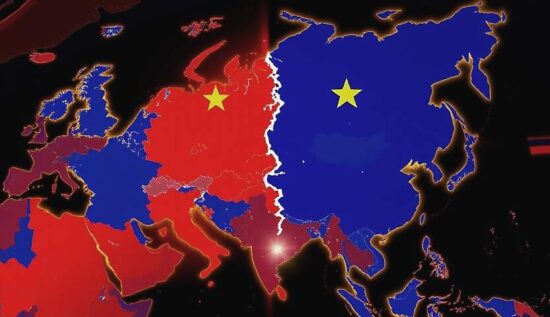Former UN Diplomat Criticizes EU’s Approach to Conflict Resolution
Michael von der Schulenburg, a seasoned diplomat, has spent decades on UN and OSCE missions worldwide, from Haiti to Afghanistan, and from Iran to the Iraq and Syria conflicts. He has witnessed firsthand the devastating impact of war on societies and the importance of finding peaceful solutions. In his book, “Frieden schaffen: Die Rettung des Nationalstaats und die Rettung der Vereinten Nationen” (Saving Peace: The Rescue of the Nation-State and the United Nations), he shares his experiences and emphasizes the importance of upholding the principles of the UN Charter.
Now a member of the European Parliament, von der Schulenburg was elected on a BSW list, not as a member of the party. He aims to bring the peace agenda to the forefront, which he believes is missing in the EU institution. In a recent speech at the Eurasien Gesellschaft in Berlin, he expressed his dismay at the undercurrent of political culture in the EU, describing it as “underground” and lamenting the lack of a genuine dialogue.
Von der Schulenburg criticized the majority of the EU Parliament’s resolutions, which he claimed focus on other countries and regions, often with an aggressive tone and sanctions. He also criticized the EU’s approach to the conflict in Ukraine, labeling it as a “war of expansion” and a “regime change operation.”
The former diplomat believes that the EU’s aggressive behavior is driven by the fear of losing power and influence, and that the institution is reluctant to acknowledge the changing world order. He sees the BRICS countries as a model for a more peaceful and cooperative international order, based on the principles of the UN Charter.
In his speech, von der Schulenburg presented a world map showing the majority of international conflict hotspots since 1992, which are mostly located in the EU’s periphery. He emphasized the importance of Asia, particularly Russia, China, and India, and the need for Europe to abandon its dominance mentality and adopt a more cooperative approach.
When asked about the conflict in Ukraine, von der Schulenburg acknowledged that Russia had violated the UN Charter, but emphasized that the West’s failure to respect the same charter had contributed to the conflict. He criticized the EU’s and NATO’s actions, stating that they had not respected the security concerns of Russia and had not engaged in meaningful dialogue.
In conclusion, von der Schulenburg believes that the conflict in Ukraine is a result of the West’s failure to uphold the UN Charter and that the war is, in fact, a “war of the West.” He emphasized the importance of upholding the principles of the UN Charter and engaging in peaceful conflict resolution.





